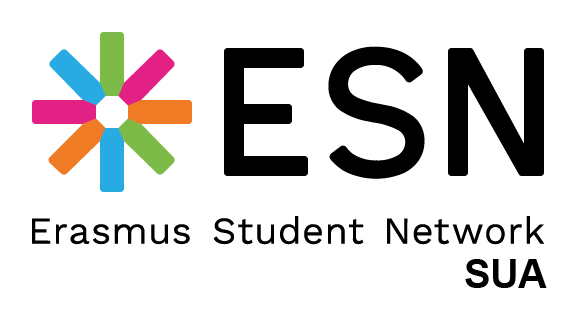
By now it is clear that the COVID-19 virus has had a very disruptive effect on many aspects of our societies in Europe and indeed the whole world. One group that is facing difficulties is the international students, whose studies, in many cases, have been cancelled, interrupted or postponed. This was discussed during a webinar with the European Commission on the 20th of March.
In order to capture the experiences of students and trainees across Europe regarding the impact of COVID-19 on their mobility experience, the Erasmus Student Network (ESN) has written a research report on the topic. It builds on a survey in which 22,000 international students and trainees in Europe provided information about their experiences. The report aims to support policy-makers to make evidence-based decisions and alter communication in order to answer the major challenges students face during their exchange in foreign countries.
Some of the key findings of the report are the following:
-
Almost two-thirds of the students' mobility periods continued. A quarter of them were cancelled.
-
The proportion of students who have stayed in their exchange destination decreased slowly during the time that the survey was open.
-
37.5% of the students experienced at least one major problem related to their exchange. The most common one was related to the loss of transportation to return home, followed by problems with accommodation and problems with access to basic needs such as food and sanitary products.
-
24% of Italian students and 19% of Asian students have experienced discrimination based on their nationalities, either to a great extent or to a very great extent.
-
7% of the students reported that they will not get any grant at all for their studies. 24% reported that they will keep the grant, partially or fully. The majority of students do not know what will happen to their grants.
-
Half of the students whose mobility continued have moved to online classes. 34% of them have moved to partial online or partially postponed classes.
-
Three-quarters of the students whose mobilities were cancelled got support from their home universities. The most common form was support with course schedules and the academic programme.
You can find the report Student Exchanges in Times of Crisis - Research report on the impact of COVID-19 on student exchanges in Europe below.
The Erasmus Student Network stands ready to help students who are facing difficulties in the times of crisis, and invites representatives of universities, National Agencies, the European Commission and other stakeholders to read the report and to follow the issued recommendations.
For further information and requests reach out to:
Sabina Achim | +32 470 47 22 25 | communication@esn.org
